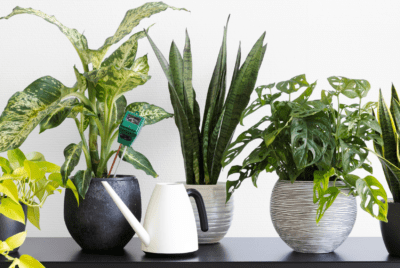RESEARCH
What Gardens Grow: Outcomes from Home and Community Gardens Supported by Community-Based Food Justice Organizations
Summary
The research explores the impact of community-based gardening initiatives, using mixed methods over multiple years across five food justice organizations in the U.S. The findings categorize gardening benefits into four key areas: (1) improving health by increasing fruit and vegetable intake, reducing food insecurity, and fostering physical and mental well-being; (2) producing high-quality food in meaningful quantities; (3) providing cultural ecosystem services such as social connection, recreation, and preserving cultural food traditions; and (4) fostering healing and social transformation, particularly in marginalized communities.
The study emphasizes the role of community-based organizations in enabling access to gardening, supporting self-sufficiency, and empowering individuals through food production. It also highlights the need for further research on the best strategies to maximize the health and social benefits of gardening, especially for communities affected by food insecurity and systemic inequities. The findings advocate for policy and funding support to expand gardening initiatives as a tool for community resilience and well-being.







